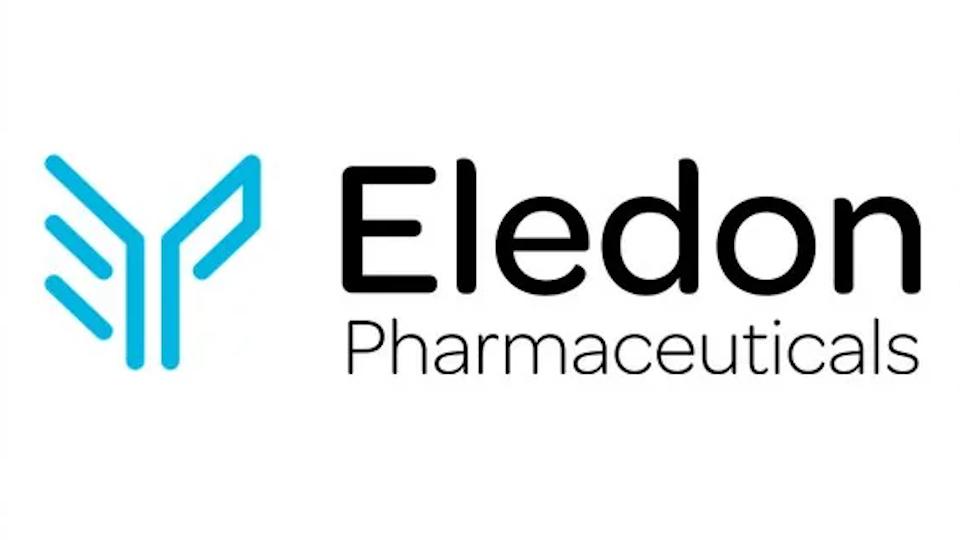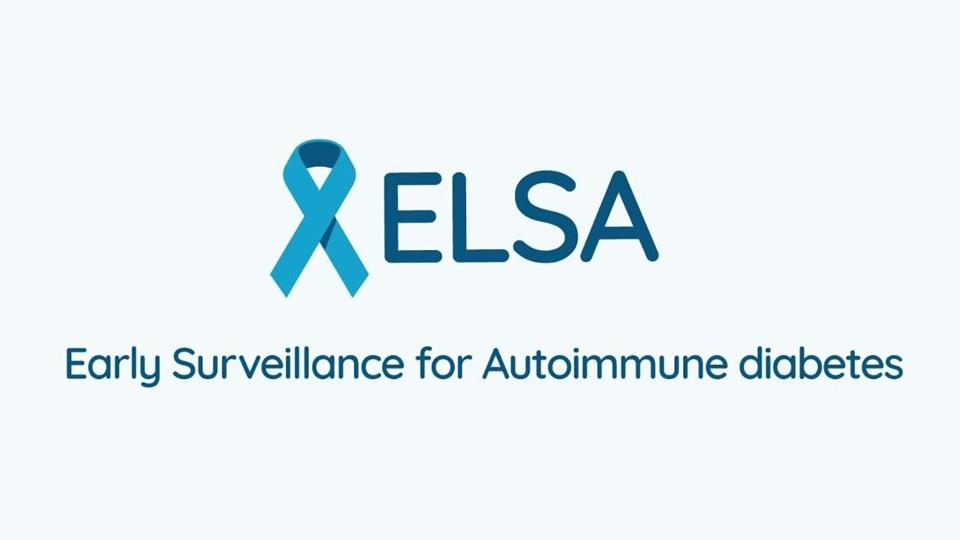Eledon drug helps transplants 'cure' type 1 diabetes

Eledon Pharmaceuticals has revealed that two patients with type 1 diabetes achieved a 'functional cure' after receiving a transplant of insulin-producing islet cells in combination with its experimental immunosuppressant drug.
The two patients received the treatment as part of a UChicago Medicine pilot study focusing on the use of Eledon's anti CD40 ligand (CD40L) antibody tegoprubart (formerly AT-1501) as an alternative to standard immunosuppressants in patients undergoing islet cell transplantation.
Nasdaq-listed Eledon also announced an $85 million offering of common stock to help fund the further development of tegoprubart, which hit the headlines earlier this year when it was used to prevent rejection of the world's first transplant of a pig kidney into a human patient.
The results with the first two of a planned six patients in the pilot study have been presented at the International Pancreas and Islet Transplantation Association (IPITA) congress. So far, three subjects have been enrolled into the trial, which will run until 2028.
Islet cell transplantation is used in type 1 diabetes to replace the insulin-producing beta cells that are destroyed by the immune system and, at the moment, calcineurin inhibitor immunosuppressants like tacrolimus are needed to keep the transplants functional.
The first such transplant – CelTrans' Lantidra (donislecel) – uses cells from deceased donors and was approved by the FDA last year.
In the UChicago Medicine trial, two out of three subjects treated with tegoprubart as part of an immunosuppression regimen to prevent rejection achieved insulin independence and remain insulin-free, with glucose control in the normal range, according to Eledon, which noted the data from the third subject is currently immature, but also shows signs of efficacy.
The test regimen doesn't include tacrolimus, which can cause some serious side effects – including kidney and nerve problems – that have not been seen with Eledon's drug.
Tegoprubart and mycophenolate mofetil (MMF) were given as the immunosuppressant therapy in the study, every third week by intravenous infusion, with the first two subjects achieving insulin independence three and six months after the transplant procedure, respectively.
The first patient saw his insulin requirements fall by 60% after a single transplant and eliminated shortly after a second was carried out.
The data is "another step" on the "quest to achieve a path for functional cures in type 1 diabetes," said UChicago Medicine's Piotr Witkowski, the lead investigator in the study.
"For more than 30 years, we have been looking for options that can deliver target levels of immunosuppression without the side effects associated with standard of care, including toxicity to the kidneys, central nervous system and islet cells, and increased risk of diabetes and hypertension," he added.
For Eledon, the data adds to the potential indications for tegoprubart, which is pitching to enter a market for organ transplant immunosuppressant drugs that is expected to reach more than $6 billion by the end of the decade, according to market researcher Coherent.
It comes after phase 1b data showing tegoprubart's potential in the prevention of organ rejection in kidney transplant patients. Eledon is running a phase 2 trial of the drug in this setting, called BESTOW, that is due to generate results next year.












